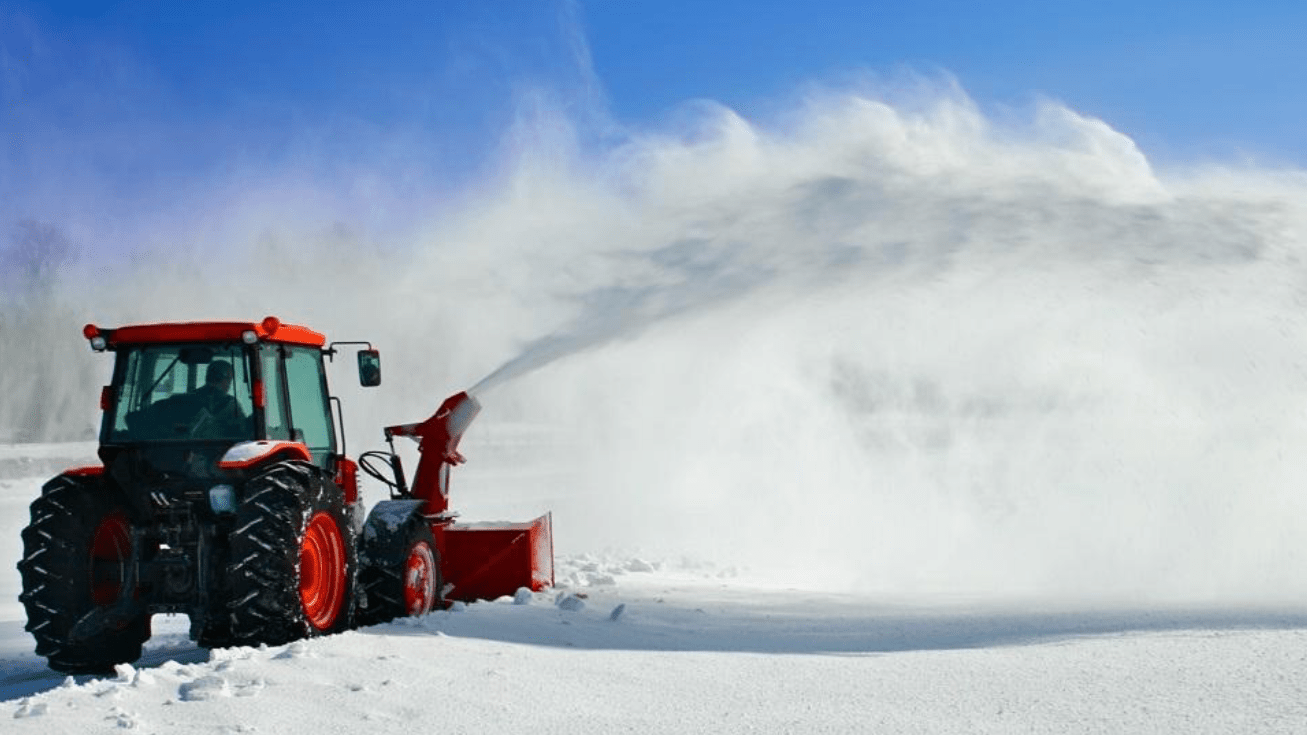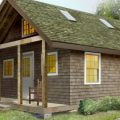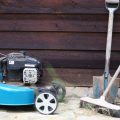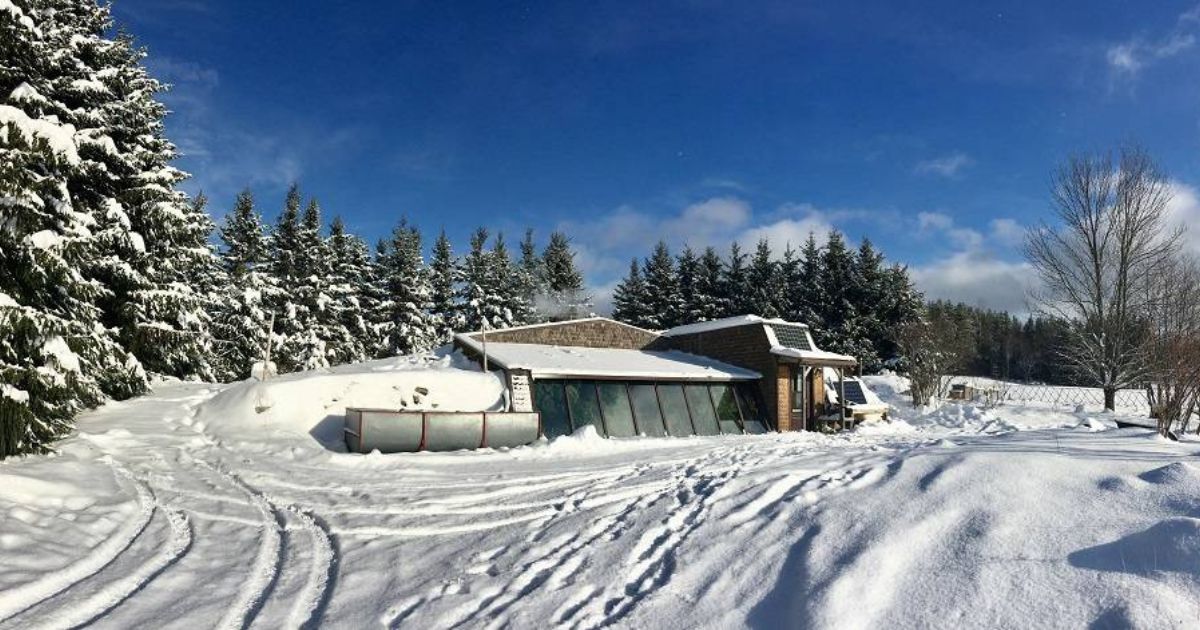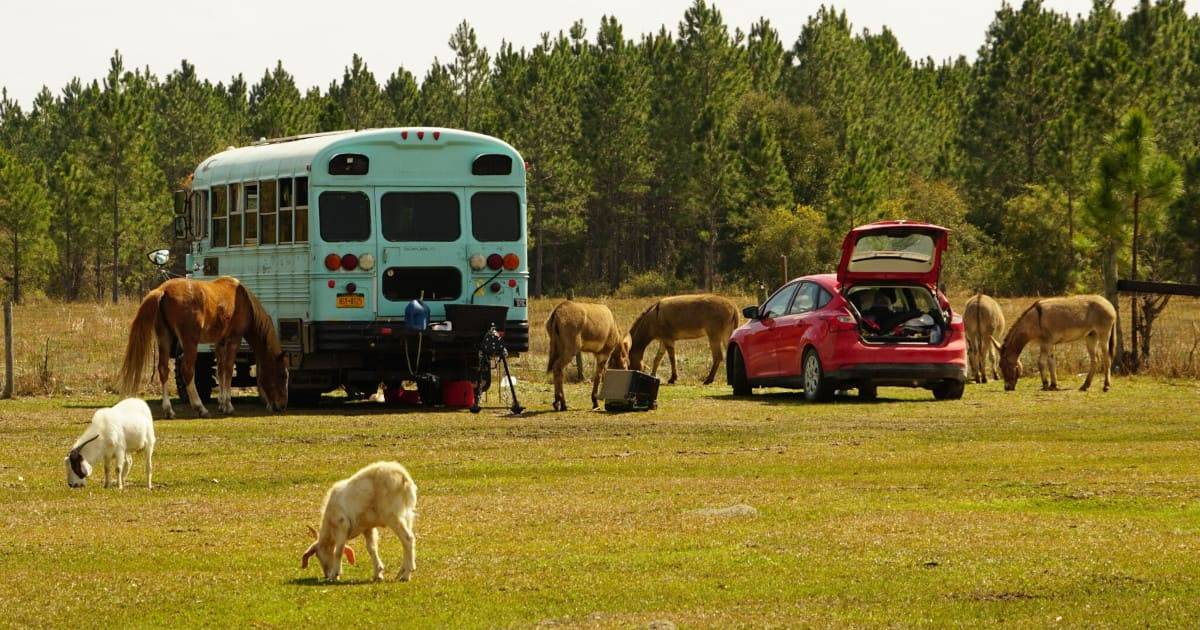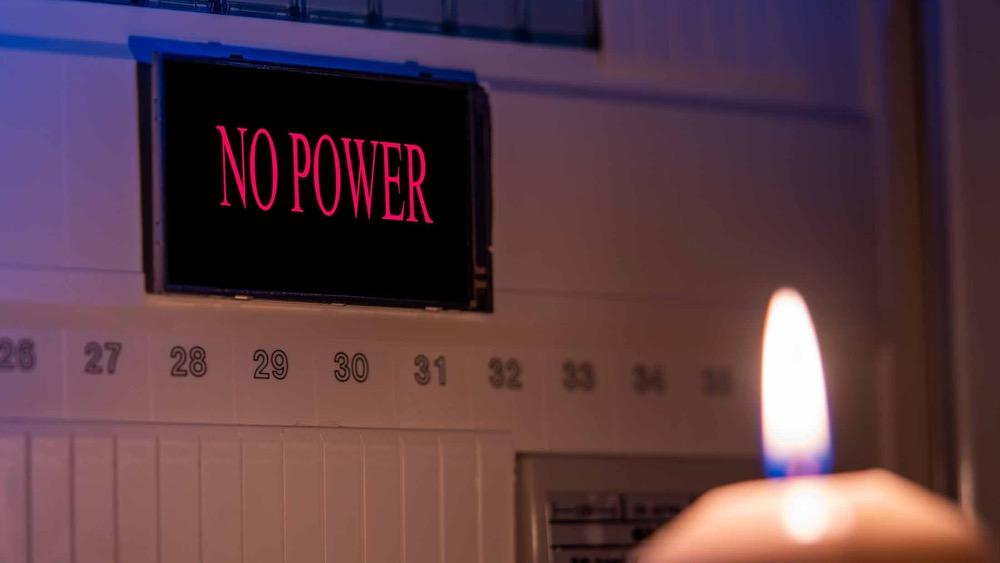The need to clear snow is one of the challenges that unites most of us Canadians, and the equipment options are as varied as our different living situations. Whether you have a 1,000-metre country lane to clear or just an urban sidewalk and driveway to maintain, one of three general types of powered snow removal options could serve you well. When you want more than just a shovel, one of these choices can help.

Option No. 1: Walk-Behind Snow Blower
This is the most common powered snow removal option in Canada, and there are two main things you need to think about as you choose a snow blower: size and quality level.
All gas-powered snow blowers are described in terms of two technical parameters. The width figure in inches refers to the size of swath that the snow blower can clear in a single pass. “Horsepower” refers to the power output of the engine. My own walk-behind blower is a Honda 1132, meaning it develops 11 horsepower and is 32 inches wide. All gas-powered snow blowers are rated in these two ways.
Electric walk-behind snow blowers are an option, too, though even the largest plug-in models develop just a tiny amount of power compared with a gasoline model. Electric snow blowers are rated by width in inches, but power is expressed in amperage draw of the motor or watts, not horsepower. The most power that can be delivered by a typical electrical outlet is 1800 watts, which translates roughly to the biggest electric snow blowers putting out 2 1/2 horsepower. Even the smallest gas-powered snow blowers in the world are more powerful than the largest plug-in electric models.
Quality is another issue. The Honda I bought years ago was one of the highest-quality options out there, and it still is. The cost is more than twice as much as bargain snow blowers. Is the difference worth it? You’ll get longer life from higher-quality equipment, and it will be more refined to use. In my experience, higher-quality equipment is almost always cheaper in the long run. Simply maintain your equipment well and use it responsibly. High-end equipment usually delivers more value for the dollar than cheap stuff over the years, and it’s less frustrating to use, too.
Electric start is available for medium- to large-sized gasoline-powered blowers. Most electric start models also have a pull cord in case the battery gets weak. In addition to once-a-year oil changes, you should be prepared to replace whatever shear pin is in place to protect the machinery from breakage if the blower hits a stick, pipe or gets overloaded with snow. All types of snow blowers have shear pins of some kind.

Option No. 2: Tractor or ATV-Mounted Blower and Blade
The ability to sit down while you’re clearing snow is a bonus if you’ve got a long driveway to maintain. Here at our place, we used a walk-behind blower for years to clear a driveway that was 120 feet long (no sitting down!), but that was pushing it a bit in terms of the time taken to do the job. When we built a second house on our property with more laneway to clear, that’s when we added a tractor with a snow blower and bucket to our collection of equipment. Four-wheelers can also be outfitted with a blade, a blower or both, for clearing snow. Though four-wheelers don’t move nearly as much snow as any tractor larger than about 30 horsepower, four-wheelers are more manoeuvrable in close quarters.
The main thing to understand about both tractor and ATV snow handling is that you can spend a lot for new equipment or much less for used. See “Old Equipment Versus New” and learn about the two ownership philosophies. If you’re handy, you’ll learn that the most economical approach involves good used equipment that you repair yourself regularly as needed.

Tractor Tire Chains Are Essential
You’ll find the best deals on older two-wheel-drive tractors as opposed to four-wheel-drive models, but two-wheel-drive tractors are pretty much useless for moving snow without tire chains. A hassle to install, and surprisingly expensive to buy, tractor tire chains deliver a world of difference. Don’t try to do any snow removal with a chain-free two-wheel-drive tractor.
Option No. 3: Electric Snow Shovels
I’ve never seen an electric snow shovel, available either as battery or plug-in versions, that could move snow as quickly as an able-bodied person using a good manual snow shovel. That said, not everyone who wants to clear their own snow is able bodied. All else being equal, you’ll get more value for the dollar from a plug-in snow shovel rather than a battery model. It’s convenient not having to deal with a power cord, but batteries are expensive, they don’t last forever, and even the biggest have a limited run time and expensive replacement costs. Exercise patience and you’ll find that today’s best electric snow shovels offer useful performance for a homeowner who wants independence but can’t necessarily do all snow clearing the old-fashioned way.
Snow is one of the things that tie us Canadians together, and snow removal is a challenge that most of us can identify with. Get the right equipment and you’ll be self-reliant in one of our nation’s ongoing national chores.

<<<<<<<<<<<<<<<
Old Equipment Versus New
When it comes to buying machinery for clearing snow, you can pay a lot or a little. It all depends on the kind of person you are. Take my main snow-blowing tractor, for instance. It’s more than 40 years old, it develops 60 horsepower, yet it cost me only $3,500 to buy in running condition a few years ago, complete with an 8-foot snow blower. This price is roughly the same as my 11-horsepower, walk-behind Honda snow blower that I bought brand new, yet the tractor moves snow more than five times faster. My old tractor also cost roughly 15 times less than a new tractor equivalent.
The challenge with old equipment like this is the need for ongoing tinkering and repairs, and this leads to a question: Do you prefer to invest time fixing old equipment in exchange for a massively lower price tag, or are you willing to pay big bucks for greater reliability and a warranty? As you consider this, remember that even new equipment breaks down eventually, and all equipment (both new and old) requires oil and filter changes, as well as regular greasing and tweaking. Even with new equipment, you still need to be something of a mechanic.

DIY Snow Removal or Hire a Pro?
A while back I got an email from a single mother living in rural Ontario. She was looking for practical suggestions for clearing her 800-metre-laneway herself while avoiding the $500 she paid a neighbour to keep things cleared with his tractor for the past season. “Should I get a walk-behind snow blower?” she asked.
That $500 the neighbour charged might seem high, but it’s quite reasonable when you consider the cost and maintenance of running your own equipment and the time it takes. Buying and maintaining your own equipment won’t save any money when compared to that $500 annual snow removal fee. In fact, the total cost of fuel, oil, time and parts required to keep machinery going to clear such a large driveway will cost at least several times more than $500 per year. As you think through the choice between DIY and professional, ask yourself how early you need to get out of the house in the morning. Are you OK investing an hour or two clearing the driveway before you even leave for work? How do you feel about changing oil, spark plugs, belts and relying only on yourself to keep your equipment running? Your answer to these questions says a lot about what you should do.
Steve Maxwell and his wife Mary live on a 90-acre modern homestead on Manitoulin Island, Ontario in a stone house they built with local materials beginning in 1985. Steve is Canada’s longest-running home improvement and how-to columnist and editor of Home and Property. He divides his time working on the land, building things large and small, and creating articles and how-to videos that teach sustainable, self-reliant, hands-on living skills.

